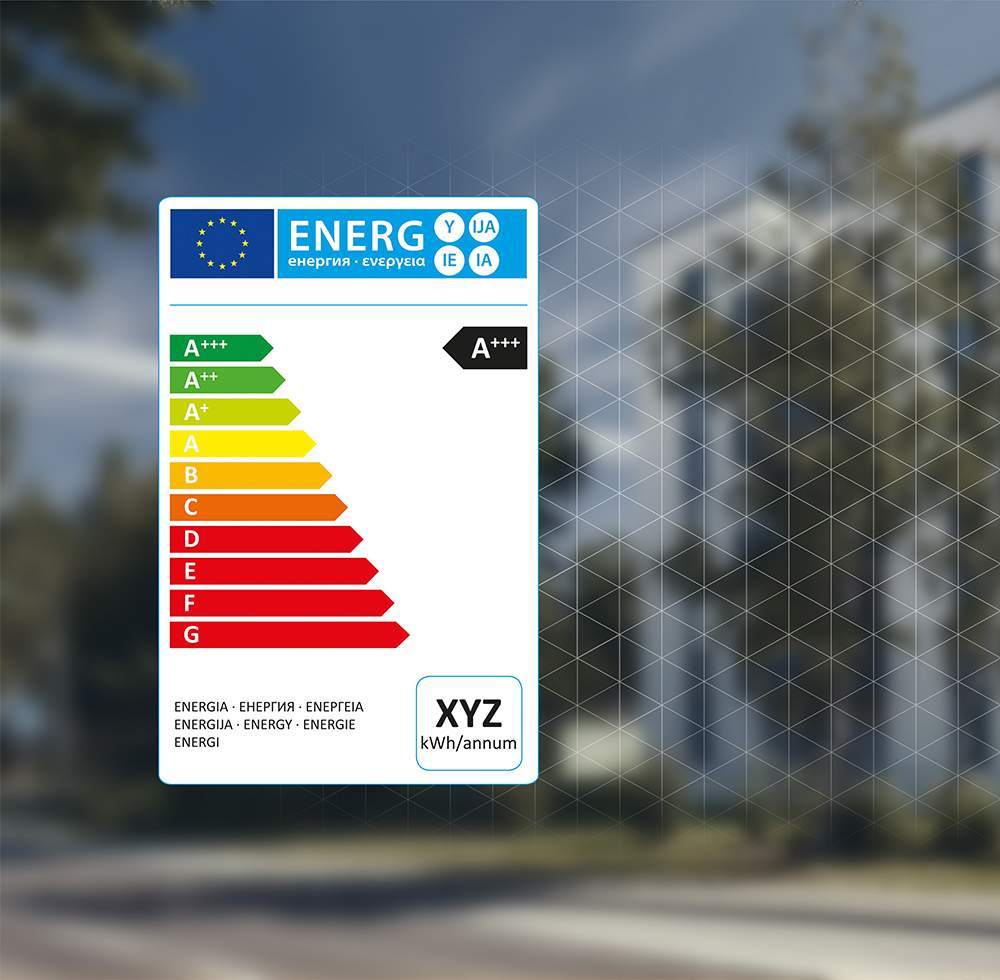EPC Assessments For Commercial Property
At PPH Commercial, our team of EPC assessors are on hand to provide you with more information regarding EPC assessments for commercial property and can provide you with a valid EPC assessment where required in the Hull, Doncaster, Scunthorpe and Grimsby areas.

What Is An EPC Certificate?
EPC (an Energy Performance Certificate) is a document which is used to show the energy efficiency of a building. Commercial premises must have an EPC if they rent or are selling the premises, the building was under construction and is now finished or if there are any changes made to the number of parts used for separate occupations and these changes involve the provision or extension of air conditioning, mechanical ventilation or fixed heating systems. EPC assessments are now a legal requirement for all commercial property and are valid for 10 years.
EPC certificates were introduced on 1st August 2007 in a bid to reduce carbon emissions and tackle climate change. They are now beginning to be introduced in commercial buildings across Europe. EPC ratings range from A (most efficient) to G (least efficient), with buildings scoring an A being considered the most energy efficient and are therefore cheaper to run. The Minimum Energy Efficiency Standards (MEES) currently provide that no building with an EPC rating within Classes F & G can be legally let without works to improve the energy efficiency of the building to a rating within Class E or above being undertaken.
EPC assessment certificates allow commercial properties to apply for grants to make the suggested improvements that are recommended within the assessment.

Why Are EPC Assessments Required?
Much like the multi-coloured sticker found on new electrical appliances, an EPC assessment will tell you how energy-efficient a building is and what work needs to be carried out to achieve a better rating. This allows a potential buyer or tenant to consider energy efficiency in their decision whether to buy or occupy a particular building. It is a legal requirement for commercial properties to have an EPC assessment every 10 years, or to have one before marketing a property for sale or rent.
If this information is not made available to potential buyers or tenants, then you can face a fine between £500 and £5,000, which is based on the value of the building.
Commercial Energy Performance Certificates (CEPC) are now a requirement for all commercial premises and potential buyers and tenants are authorised to have an overview of how energy efficient the building is, as well as its energy use which may affect energy bills.

How Long Does An EPC Assessment Take For Commercial Property?
There are limited number of exemptions where an EPC is not required. These include places of worship, temporary buildings (where the planned use is less than 2 years), stand alone buildings with a floor area of less than 50 sq m that are not dwellings and buildings which are due to be demolished.An EPC assessment for commercial property will vary in length depending on the size and intricacy of the property being assessed.
EPCs tend to have a turnaround time of between 2-3 working days, but our team will ensure that everything is done to meet any deadlines or timescales. A property can be legal to market once you have booked an EPC assessment, so there is no need to worry about waiting for the complete EPC assessment – so long as you have proof of booking the assessment, you can then go to market.

Are There Any Exemptions For EPC Assessments?
You will not need an EPC assessment if you can show if the building is any of the following:
- A listed or officially protected building, where the minimum energy performance requirements may alter it.
- Is a temporary building, which is only going to be used for 2 years or less.
- The building is used as a place of worship or for other religious purposes or activities.
- Is on an industrial site, is a workshop or non-residential agricultural building which naturally doesn’t use much energy.
- Is a detached building, with a total floor space that is under 50 square meters.
- The building is due to be demolished by the seller or landlord, who has all of the relevant planning and conservation consent.

What If The EPC Assessment Doesn’t Meet The Minimum Standard?
As of the 1st of April 2023, it is required that all privately rented, non-domestic properties have an EPC Assessment with a rating of E or above. If, after your EPC assessment, the EPC rating of the commercial property falls between Classes F or G, then works to improve the rating up to a Class E or above will need to be carried out. We have an in-house Facilities Management team who can provide further advice on the work which is required to improve the EPC rating to one which meets the minimum standards.
We’re aware and anticipating that, in the future, this minimum standard will increase. Under current plans, it is believed that by 2027, a C rating will be the minimum and then, by 2030, a B rating will be required as standard for EPC assessments for commercial property.







